
Last Updated At: 10-May-2024
Art, Tradition and Culture of Thailand
Nestled within the heart of Southeast Asia, Thailand is a nation that weaves together a captivating tapestry of traditions, values, and practices that have flourished for centuries. Its culture, deeply rooted in history, spirituality, and an innate sense of community, has garnered attention and admiration worldwide. The essence of Thailand's cultural landscape is an intricate dance between the past and the present, seamlessly blending ancient customs with the demands of modern life.
Thai culture is a living testament to the harmonious coexistence of diverse influences. From its earliest days, Thailand has been a melting pot of various ethnic groups, including the Tai, Mon, Khmer, and Chinese, each contributing to the unique mosaic now recognised as Thai culture. This rich fusion of heritage has given rise to an astonishing array of traditions, languages, and artistic expressions, making Thailand a treasure trove for cultural enthusiasts and curious travellers alike. To learn about different cultural aspects, from Thai cuisine to Thai dance forms.
Thailand Culture and Tradition
From the bustling streets of Bangkok to the tranquil temples of Chiang Mai, the culture of Thailand is an enchanting mosaic that welcomes exploration, celebration, and appreciation. Its intricate layers invite you to immerse yourself in the past, engage with the present, and contemplate the future while embracing the warmth and authenticity of the land of smiles.
- Festivals of Faith | Exploring Spiritual Celebrations in Thailand
- Flavours of Thailand | A Culinary Journey Through Culture
- Timeless Tunes | Thai Music and Dance Across Generations
- Faith in Harmony | Religious Diversity within Thai Culture
- Thai Warmth | Exploring the Heart of Community and Hospitality
- Marketplace Marvels | Exploring Thai Craft and Commerce
- Royal Respect | The Deep-Seated Reverence for Thai Royalty
- Written Elegance | The Script that Shapes Thai Identity
- Threads of Tradition | The Artistry of Thai Silk
- Gilded Grandeur | Exploring Thailand's Sacred Temples
1. Festivals of Faith | Exploring Spiritual Celebrations in Thailand
Thailand's cultural landscape comes alive through its vibrant and spiritually rich festivals. Cultural festivals in Thailand are more than mere events; they are expressions of devotion, tradition, and a deep connection to faith. The Songkran Festival, often known as the Thai New Year, invites people to cleanse themselves and their surroundings through water, symbolising renewal and purification. Loy Krathong, the Festival of Lights, sees the release of intricately crafted floating offerings onto waterways, carrying away negativities and making wishes. The Visakha Bucha Day commemorates the birth, enlightenment, and passing of the Buddha, drawing Buddhists to temples to partake in merit-making activities. These festivals blend purity and joy, offering locals and visitors alike a window into the spiritual heart of Thai culture.
2. Flavours of Thailand | A Culinary Journey Through Culture
Thai cuisine contains flavours, textures, and aromas that tantalise the senses and reflect the nation's diversity. The art of Thai cooking involves the careful balance of sweet, sour, salty, and spicy elements, resulting in harmonious and distinctive dishes. From the fiery heat of Tom Yum Goong to the aromatic complexity of Green Curry, each word tells a story of Thailand's agricultural abundance, historical trade routes, and cultural melting pot. Street food stalls, night markets, and traditional restaurants offer a gastronomic journey through the country's varied regional cuisines, showcasing the creativity and pride that Thais take in their culinary heritage.
3. Timeless Tunes | Thai Music and Dance Across Generations
Thai traditional music is a testament to the country's artistic legacy, conveying stories and emotions through graceful movements and enchanting melodies. Traditional dance forms like Khon and Lakhon depict myths, legends, and historical events with elaborate costumes and intricate choreography. Classical Thai music, often accompanied by instruments like the khim and rant, adds a rich auditory layer to performances. These traditions bridge generations, passing down cultural narratives and artistic skills, ensuring that the essence of Thai creativity remains alive and appreciated.
Also Read: places to visit in thailand
4. Faith in Harmony | Religious Diversity within Thai Culture
Thailand's cultural tapestry is woven with threads of religious diversity. While Theravada Buddhism is the dominant faith, there is a harmonious coexistence of other religions, such as Islam, Christianity, and Hinduism. This religious harmony is a hallmark of Thai society, reflecting tolerance, acceptance, and respect for different belief systems. Temples, mosques, churches, and shrines stand side by side, each contributing to the country's cultural mosaic and reinforcing the values of understanding and unity.
5. Thai Warmth | Exploring the Heart of Community and Hospitality
One of the most captivating aspects of Thai culture is the genuine warmth and hospitality extended to visitors. The moniker "Land of Smiles" is not just a catchphrase; it embodies the friendly and welcoming nature of the Thai people. Hospitality is deeply rooted in communal values and a strong sense of interconnectedness. Whether it's sharing a meal, offering assistance, or engaging in heartfelt conversations, the Thai people make every effort to ensure that guests feel like part of the extended family, reflecting the true heart of Thai culture.
6. Marketplace Marvels | Exploring Thai Craft and Commerce
Thai street markets are bustling hubs that offer an immersive experience of the country's artistic prowess and cultural heritage. These markets go beyond commerce; they are showcases of craftsmanship where local artisans proudly present their creations. From intricate wood carvings to handwoven textiles, visitors can witness the painstaking dedication of crafting each piece. Beyond the products, these markets provide a platform for cultural exchange, where the stories behind the crafts become part of the transaction, bridging gaps between creators and appreciators.
Also Read: beaches in thailand
7. Royal Respect | The Deep-Seated Reverence for Thai Royalty
The Thai monarchy is more than an institution; it symbolises unity, continuity, and reverence deeply embedded in the people's hearts. Thai citizens hold great respect and affection for their royal family, expressing loyalty through various cultural practices and ceremonies. Royal palaces, regal processions, and public appearances command the nation's attention and reflect the cherished values of stability and tradition that the monarchy represents.
8. Written Elegance | The Script that Shapes Thai Identity
The Thai script, a graceful and intricate writing system, is a testament to the country's linguistic and cultural identity. Its rich history encompasses literature, art, and intellectual expression. From ancient inscriptions on temple walls to modern signage, the Thai script is a visual embodiment of the nation's identity, shaping communication, literature, and artistic endeavours.
9. Threads of Tradition | The Artistry of Thai Silk
Thai silk is a tangible representation of Thai artistry and heritage. Creating silk involves intricate processes, from raising silkworms to weaving. The result is a luxurious fabric adorned with intricate patterns and vibrant colours, often reflecting nature and cultural symbolism. Traditional clothing in Thailand is a tribute to generations of skilled artisans who have preserved and evolved the craft, creating a timeless legacy of textile artistry.
Also Read: temples in thailand
10. Gilded Grandeur | Exploring Thailand's Sacred Temples
Thai temples, known as wats, are architectural marvels that embody spiritual devotion and artistic brilliance. These sacred sanctuaries are characterised by ornate decorations, intricate carvings, and glistening spires. The temples serve as places of worship, meditation, and community gatherings, offering insight into Thai spirituality and cultural history. Each temple has a unique story, and its grandeur stands as a testament to the significance of religion in Thai culture, inspiring awe and reverence among locals and visitors alike.
The culture of Thailand stands as a remarkable testament to the country's rich history, spiritual depth, and vibrant diversity. From the ornate temples that dot the landscape to the intricate dances that grace its stages, Thailand's culture is a dynamic interplay of tradition and modernity, spirituality and celebration. The festivals that honour both the passage of time and the spiritual essence of life reveal the deep-rooted faith that forms the core of Thai society.
The culinary journey through Thailand's flavours is not just about the palate; it's a profound exploration of heritage and regional diversity, demonstrating the art of harmonising contrasting tastes. Thai music and dance transcend generations, weaving stories and emotions through graceful movements and timeless melodies, reflecting the nation's artistic legacy and identity. Thailand welcomes all the voyagers from around the world, so what are you waiting for, pack your bags and plan your vacation with Adotrip, and embark on an unforgettable life journey.
With us, nothing is far!
Book Thailand Tour Packages
Frequently Asked Questions about the Culture of Thailand
Q1. How significant is Theravada Buddhism in Thailand?
A1. Theravada Buddhism is highly significant in Thailand, shaping its spiritual, cultural, and social aspects.
Q2. How tied to identity are Thai cuisine and food culture?
A2. Thai cuisine and food culture are closely tied to the Thai identity:
- Reflects cultural diversity.
- Showcases regional uniqueness.
- Embedded in daily life and rituals.
- Symbolises communal bonds and hospitality.
- Represents history and heritage.
Q3. How integral are practices like traditional dance?
A3. Traditional dance is highly integral to Thai culture:
- Preserves historical narratives.
- Expresses cultural symbolism.
- Bridges generational gaps.
- Celebrates festivals and events.
- Embodies grace and artistry.
Q4. How does language reflect a deep respect for hierarchy?
A4. Language in Thailand reflects a deep respect for hierarchy:
- Varies based on social status.
- Different pronouns for addressing elders.
- Formality levels in speech.
- Titles used to show respect.
- Cultural emphasis on politeness.
Q5. How essential are concepts like saving face?
A5. Concepts like saving face are essential in Thai culture:
- Maintains harmony and relationships.
- Avoids public embarrassment.
- Reflects social awareness.
- Demonstrates respect and tact.
- Influences communication dynamics.
Q6. How have kings and royal history shaped culture?
A6. Kings and royal history have significantly shaped Thai culture:
- Symbol of unity and stability.
- Influence on art, architecture, and traditions.
- Reverence for the monarchy.
- Cultural and moral leadership.
- Deep connections to national identity.
Q7. How spiritual are practices like Songkran?
A7. Practices like Songkran are deeply spiritual:
- Mark new beginnings and renewal.
- Involve cleansing and purifying rituals.
- Reflect Buddhist values.
- Blend spirituality with festive celebrations.
- Convey reverence for tradition and faith.
Q8. What folklore characters like Nang Tani persist?
A8. Folklore characters like Nang Tani persist in Thai culture:
- Nang Tani is a female ghost.
- Associated with banana trees.
- Part of local ghost stories.
- Reflects cultural beliefs in the supernatural.
- He continues to be a popular cultural figure.
Q9. How influential is Muay Thai martial arts?
A9. Muay Thai martial arts are highly influential:
- The national sport of Thailand.
- Cultural and historical significance.
- Embodies discipline and respect.
- Popular worldwide combat sport.
- Part of Thai identity and heritage.
Q10. How does culture vary between regions like Bangkok and the North?
A10. Culture varies between regions like Bangkok and the North of Thailand:
- Bangkok: Urban, modern, cosmopolitan.
- North: Rural, traditional, hill tribes.
- Different cuisines, dialects, and traditions.
- Influenced by geography and history.
- Showcases diverse facets of Thai culture.
--- Published By Adotrip
Latest Blogs

Long Weekends In India 2025 - List of Holidays

Kazakhstan Travel Guide 2025: Affordable Luxury, Visa Free E...

Think Ayodhya is Just Temples? Discover Its Hidden Artistic...

Why Azerbaijan is the Best Budget Friendly Alternative to Sw...



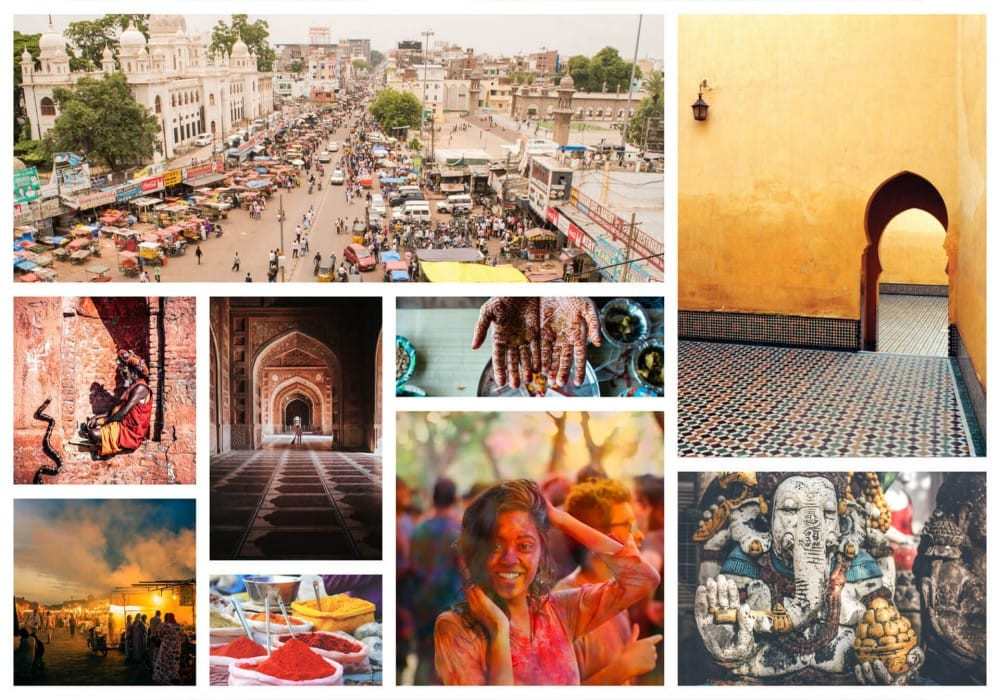
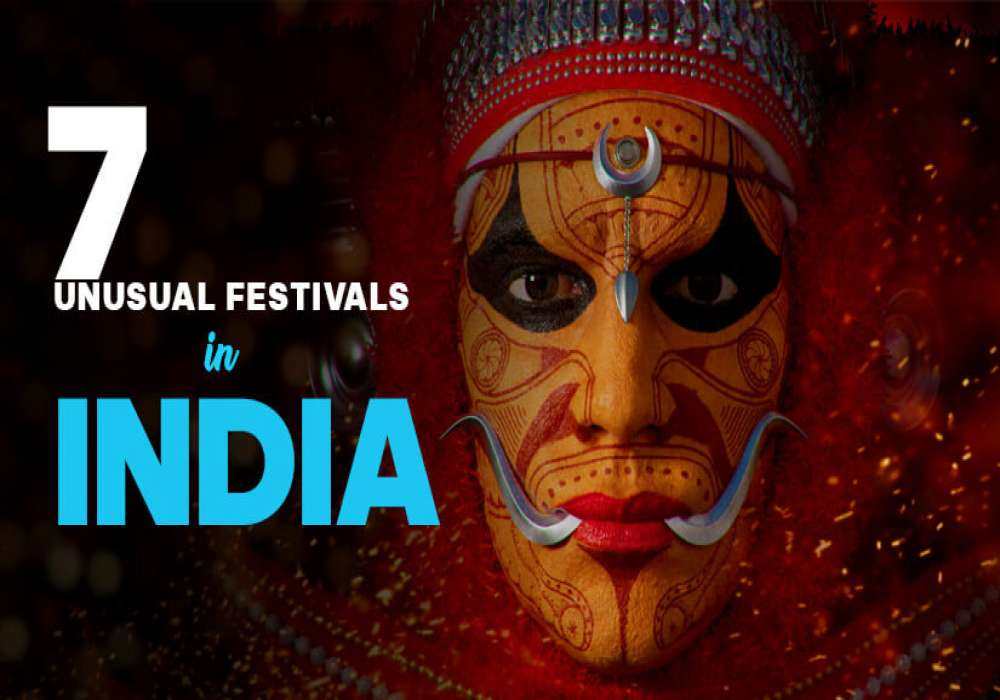


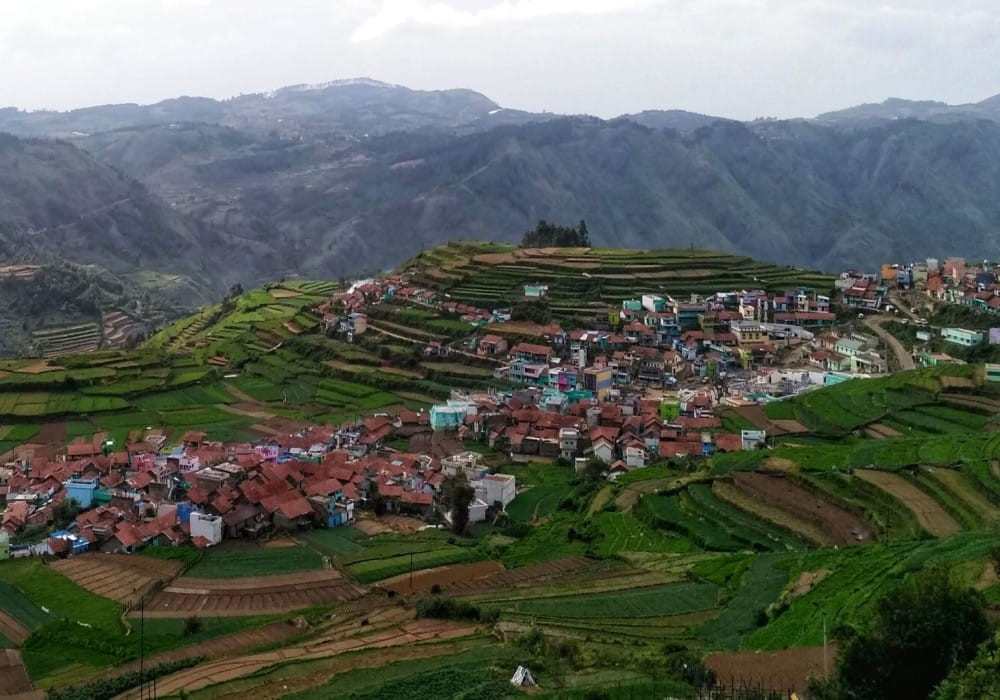

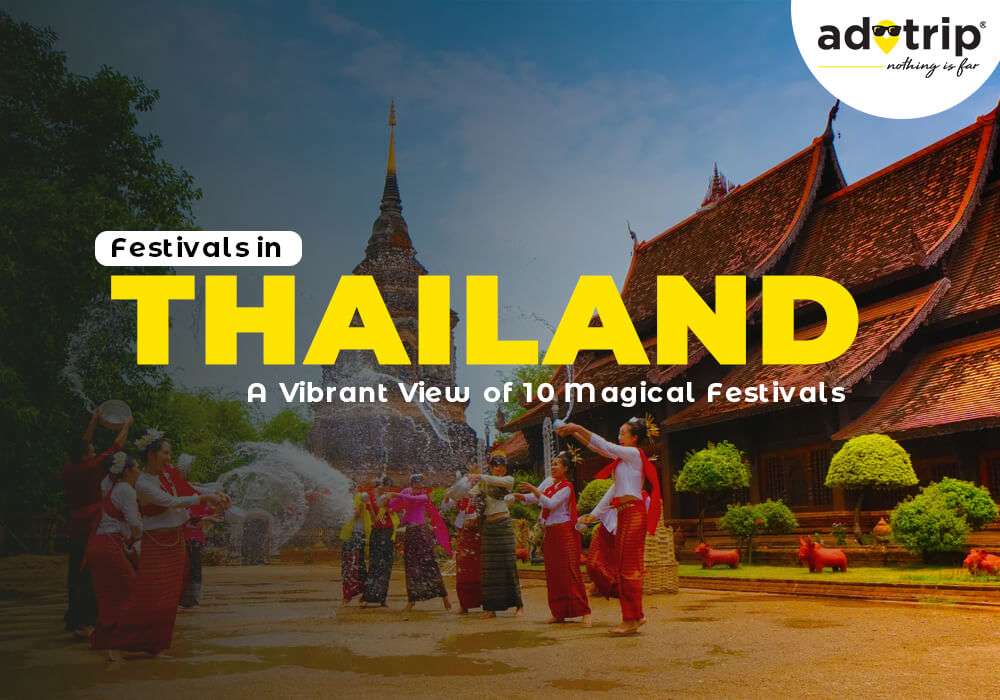
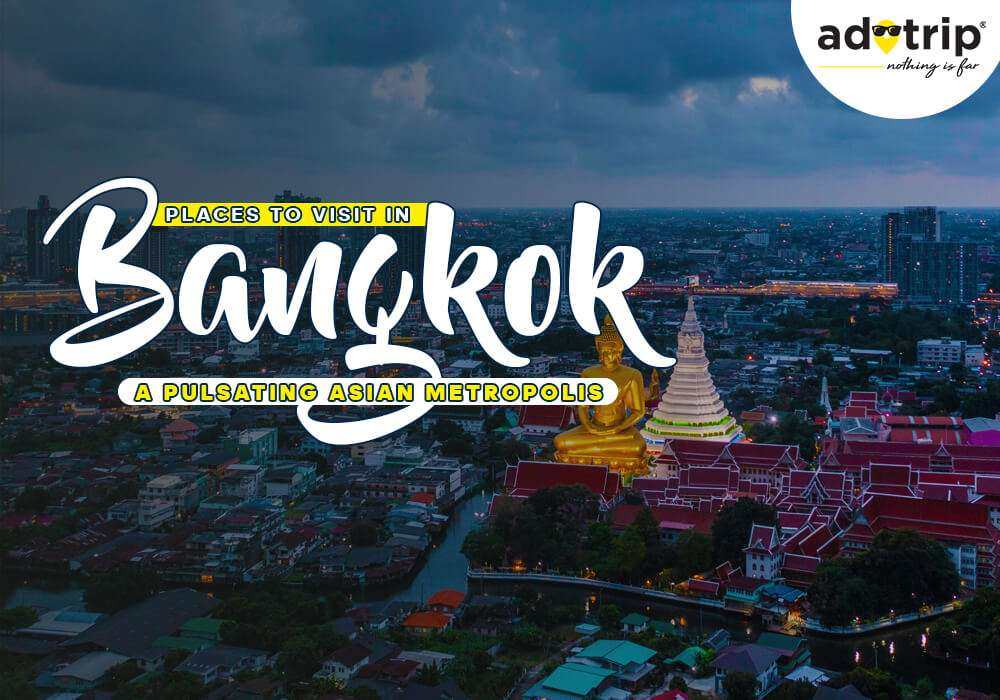

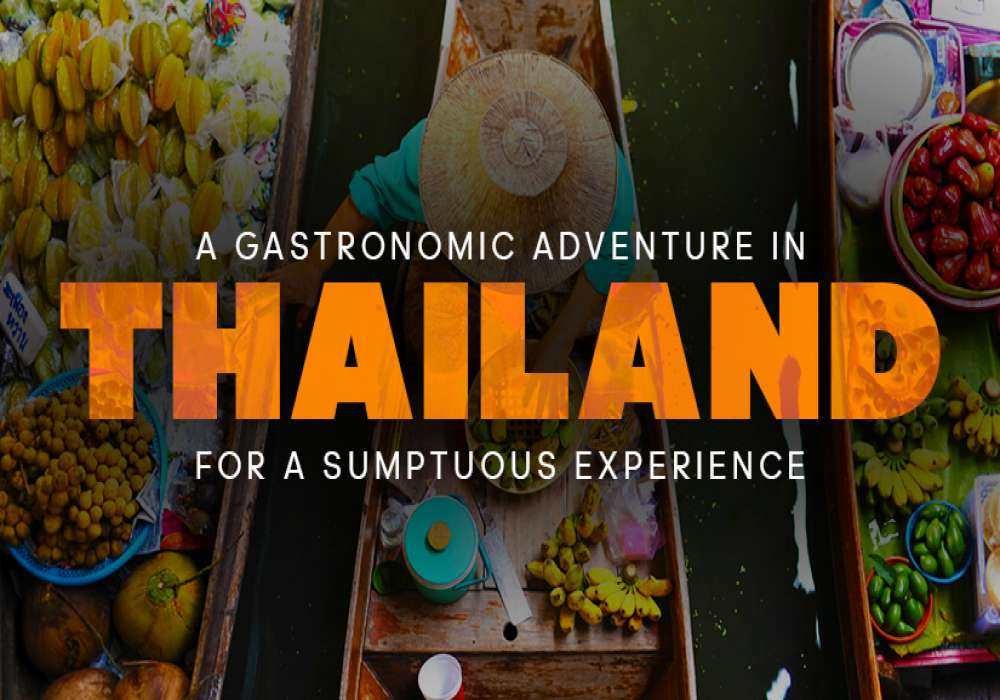
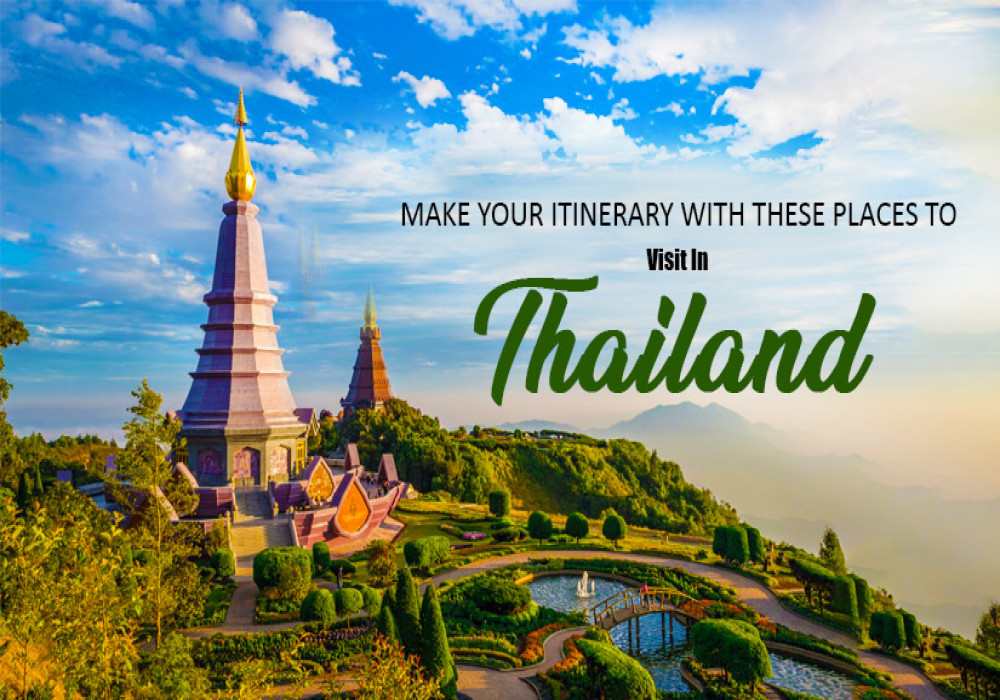
 Dubai
Dubai Malaysia
Malaysia USA
USA





